How profitable is investing in real estate in Croatia in 2022? How to invest money abroad and secure passive income - read the material prepared by GEOLN.COM specialists.
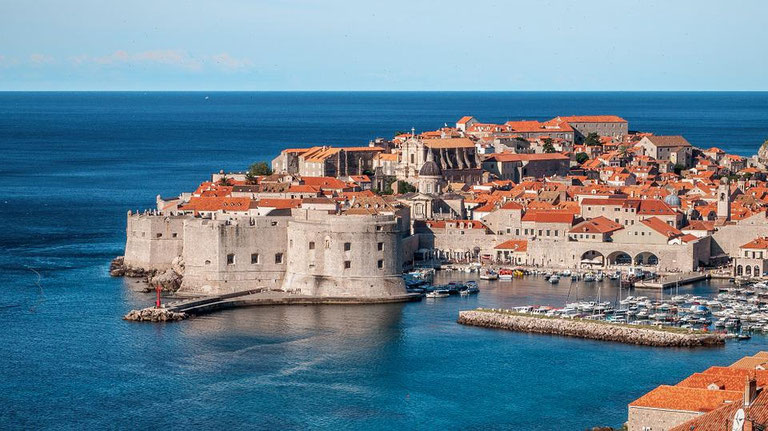
Croatia is a small European country located along the coast of the Adriatic Sea. It unites the Mediterranean region and Western Europe, which, coupled with membership in the EU and NATO, ensures economic stability. In addition, tourism is flourishing in the country, so real estate as an investment is beneficial not only for subsequent resale, but also for renting out and running your own business.
Croatian real estate market: realities in 2022
In Croatia, investing in real estate became profitable after 2013, when the country recovered from the 2008 crisis. Most of the buyers do not have local citizenship: in 2021, the share of transactions with the participation of foreign capital was 75%. Most of the investors are from Germany, Austria and neighboring Slovenia.
The onset of the pandemic significantly reduced the flow of tourists, which affected the dynamics of supply and demand. However, already in 2021, the tourism sector has intensified, which is why the number of real estate transactions has increased by 50% compared to the previous year.
In 2022, the positive dynamics continued, although prices rose slightly. At the same time, it is rather difficult to assess the real demand, since this indicator rests on the limited volume of Croatian real estate.
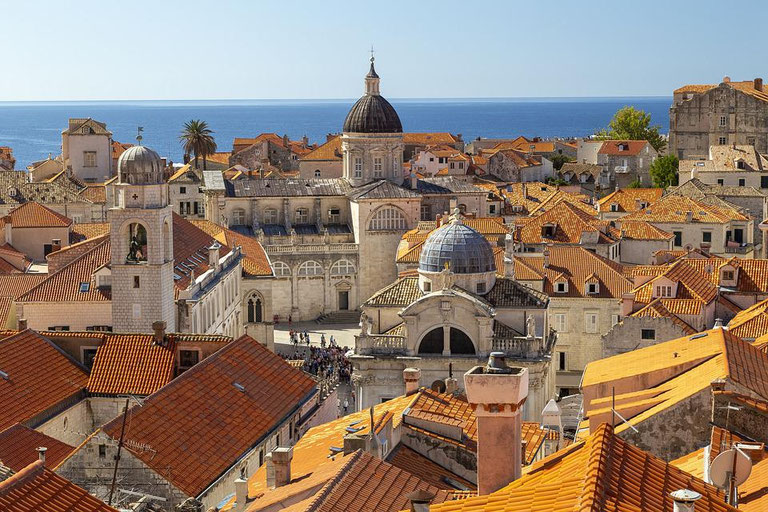
This is due to the small size of the country itself, the complex procedure for obtaining a building permit, as well as a large number of protected areas where it is forbidden to build any objects.
When planning to invest in real estate in Croatia, one should take into account the systematic growth of the market: the average cost of an apartment here has increased by 4.1% over the past year, and houses - by 7.7%.
The greatest interest of buyers is traditionally focused on real estate in coastal areas as the most popular among tourists. Here, the annual price increase was almost 12%. Increasingly, buyers prefer suburban properties and only after that consider the possibility of acquiring housing in large cities (Zagreb, Split, Krapina-Zagorje, Pula, etc.).
The cost of real estate in Croatia fluctuates quite a lot. The main factors that affect the price per square meter:
- total area;
- proximity to the sea;
- proximity to the city center;
- location (city/countryside);
- the presence of fresh repair or reconstruction.
The most expensive property remains within 700 m from the sea. If you are interested in investing in housing in Croatia, pay attention to the average prices:
- about 100 thousand euros for a compact one-room apartment or studio;
- about 200 thousand euros for a standard two-room apartment with a fresh renovation;
- 300-400 thousand euros for a private house on the seashore;
- about 500 thousand euros for a villa;
- from 600 thousand euros for a villa on the coast.
At the same time, for the current year, the average cost of each category of objects may increase by 5–7%.
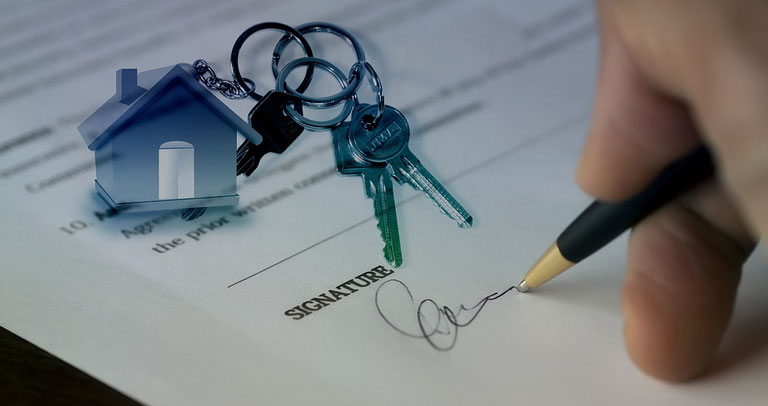
As for the forecasts for the near future, they are ambiguous, since the Croatian economy is influenced not only by internal, but also by foreign policy factors. Russia's war against Ukraine has caused uncertainty about energy prices. Due to this, many Europeans have preferred holidays in budget Croatia, and not in more expensive resorts.
Also, foreign policy circumstances are pushing foreign investors to invest in real estate in Croatia now, in order to have a comfortable vacation spot on the coast in the coming years. Therefore, the upward trend in the market will continue. Another important factor is the replacement of the national currency with the euro in 2023. This will also affect the price level, which is why Western analysts call 2022 the last year for a truly profitable purchase in the national currency (kuna).
The war had a negative impact on the construction industry in Croatia, creating problems in the supply chain of necessary materials. However, the developers themselves are confident that the crisis will not seriously shake the country's economy and even provide the real estate market with new opportunities.
Types of investment in real estate in Croatia
To make an informed choice, it is important to understand what types of investment there are in real estate in Croatia.
- Housing
Considering the intensity of the tourist flow, as well as the annual appreciation of real estate in Croatia, housing for many foreign investors is the most attractive segment. Such an acquisition allows you to earn money by renting or reselling an object. In addition, the presence of residential real estate will be a significant advantage if the investors are going to get a Croatian residence permit and citizenship in the near future. Please note that building plots (even very small ones), as well as agricultural land, cannot be acquired by foreigners.
- Commercial real estate
Investments in Croatian real estate, which are classified as commercial areas, are also quite popular. It is most profitable to acquire objects that relate to the logistics, warehouse, trade infrastructure. This segment of commercial real estate is not suffering from the crisis provoked by the war. In addition, such objects will be in demand in the long term due to the popularity of online stores and international delivery services.
Please note that for any commercial purposes (even for renting out an apartment), registration of a legal entity in Croatia is required. When choosing the type of object to buy, it is worth calculating an individual payback calculation, taking into account current demand and current trends.
Which real estate market to invest in
Having decided how to invest in real estate in Croatia, you should think about where exactly to invest your money. All objects on the market can be divided into primary and secondary. Which option is best depends on your budget, investment strategy and other factors. Our comparison will help you evaluate the key features.
Primary real estate in Croatia
Foreign buyers in most cases start looking for a "primary" property that has already been put into operation or is in the process of obtaining such a permit. On the one hand, this is a proven way to protect yourself from buying long-term construction, on the other hand, it is difficult to run into an unscrupulous developer in Croatia. Add here the high consumer demand, the steadily rising cost per square meter and you get a completely different strategy for finding objects.
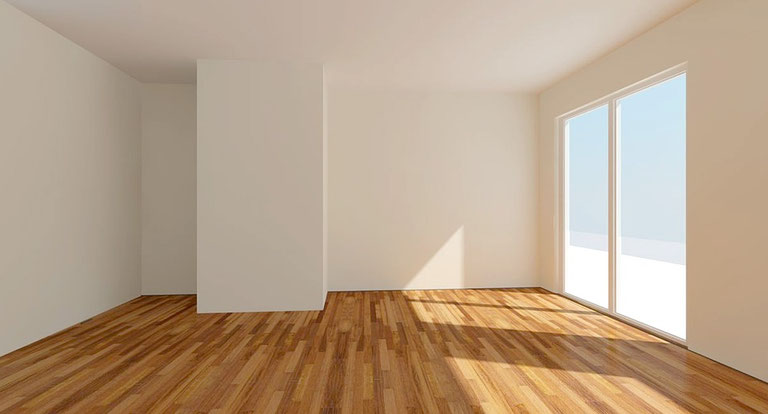
More and more foreigners are paying attention to investments in real estate under construction in Croatia. Buying at the stage of excavation is 20-30% more profitable than immediately after the commissioning of a new building. If you are not in a hurry to sell an apartment, its annual appreciation is guaranteed.
Secondary real estate in Croatia
The secondary market in this country is much more extensive than the primary one, so finding an object with an optimal location at an attractive price is much easier among the "secondary". If the initial budget for the purchase is small, you can choose a value-added object - over the past year, the lion's share of transactions fell on such options. In fact, we are talking about investing in resale property in Croatia, which is in need of repair or reconstruction.
These are the objects of the lowest price category. However, due to the repair, the investor can very quickly increase the market value of the property for its subsequent resale. The new price will not only pay off the investment, but also provide a yield of 12-20%. This option is suitable for those who prefer to resell housing, commercial premises 1-2 years after purchase.
What to choose: resale or new building?
As a summary, we note that new buildings at the excavation stage, as well as secondary objects with added value, are most often bought for resale, commissioned objects and the usual "secondary" - for rent. Each option has its own advantages and disadvantages that must be considered when deciding to invest in real estate abroad. However, buying both in the primary and secondary markets can be very profitable in the long run.
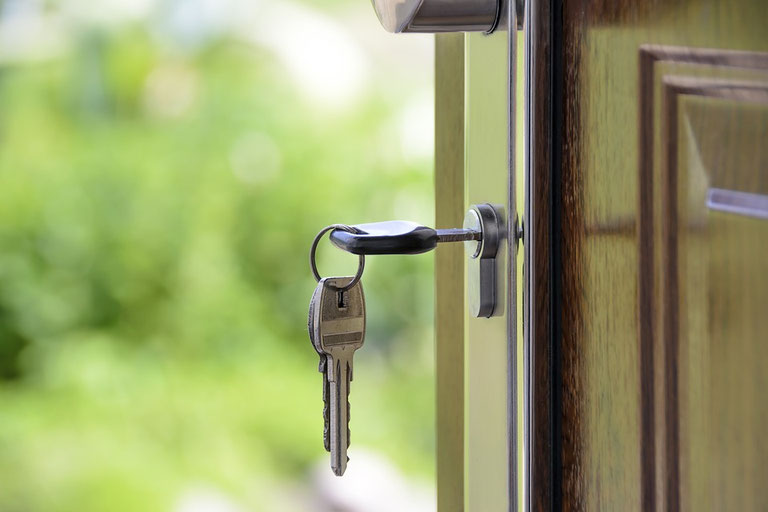
The advantages of investing in real estate in Croatia
This resort country remains a tasty morsel for European investors, which in itself speaks of the reliability of investments. Consider the main advantages of investing in real estate in Croatia.
- Stable economy. Although external geopolitical events affect inflation, domestic demand and supply, there is no need to talk about a serious or long-term crisis.
- High quality housing. The limited amount of land for development and the strict control of developers do not allow the construction of "junk" objects.
- Pretty simple buying process. Almost all actions for the purchase of the selected object can be carried out by an authorized intermediary. When paying, the bank will not require information about the origin of funds.
- Convenient location. Often, investing in apartments in Croatia is chosen because there is no shortage of potential tenants: there are 7 international airports in the country, and flights to a number of major European cities last no more than 2 hours.
- Active development of tourism. The country's authorities seek to attract tourists all year round through comfortable resorts, a large selection of entertainment, and international events.
- No additional taxes. The owner will not have to pay an annual fee for the land and the building located on it, as in most other European countries. Here it is enough to pay a one-time fee for re-registration of ownership (no more than 3-4% of the value of the object) in order to receive the property in undivided possession.
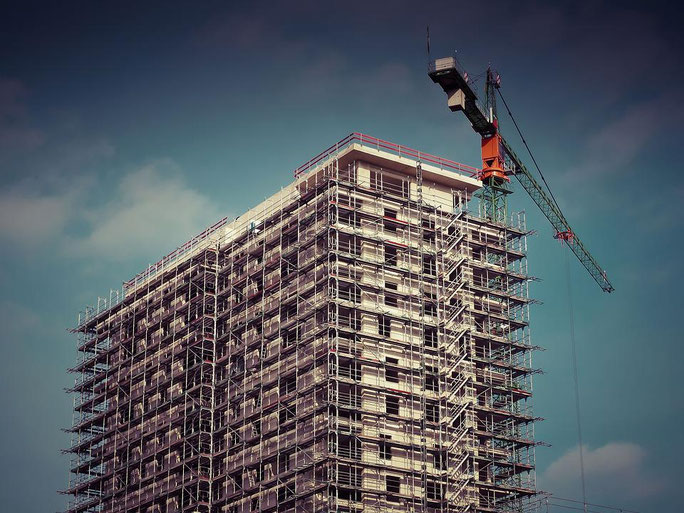
Disadvantages of investing in real estate in Croatia
Although this country looks like a piece of paradise, you need to carefully weigh the pros and cons of investing in real estate before buying.
- Consider the main disadvantages.
- Buyer restrictions.
- Citizens of Ukraine, Belarus, Russia can buy real estate as individuals, but only for their own residence. On the other hand, the formation of a company in Croatia is inexpensive (about 4 thousand euros for registration, about 200 euros for monthly maintenance), it may not carry out any activity. But with obtaining the status of a legal entity, it will be possible to buy both housing and a commercial facility, receive rental income, apply for a mortgage, etc.
- Permission from the Ministry of Justice.
Such paper is required only if the buyer is an individual. Permission is a formality, but it may take up to 3-6 months to get it.
The swimming season is relatively short. This requires attention to the choice of real estate - it is better to purchase objects that can be rented out not only to those who come to soak up the beach.
There is no automatic receipt of permanent residence/residence permit. By itself, buying property in this country does not speed up naturalization, but it is a significant advantage.
Conclusion
The Croatian national real estate market is on the rise in 2022, despite international geopolitical processes. Moreover, right now there is a window for the most profitable investments - the introduction of the euro into circulation in 2023 will raise prices. There are some restrictions for foreign investors, but the potential benefit from buying a home or commercial space in this country remains high. Almost every object on the market has certain advantages, so a specific choice determines the budget and goals of investing in real estate.
GEOLN.COM experts are ready to assist in choosing the best object, taking into account the client's personal strategy. At the same time, profitability, the rate of return on new property, the possibility of conducting a rental or other business are calculated in advance. Additionally, clients have access to the service of legal support for the transaction and legal representation for signing purchase and sale documents without the presence of the buyer. All this makes cooperation with GEOLN.COM really profitable, reliable, and this is the main thing when investing money in real estate abroad.
